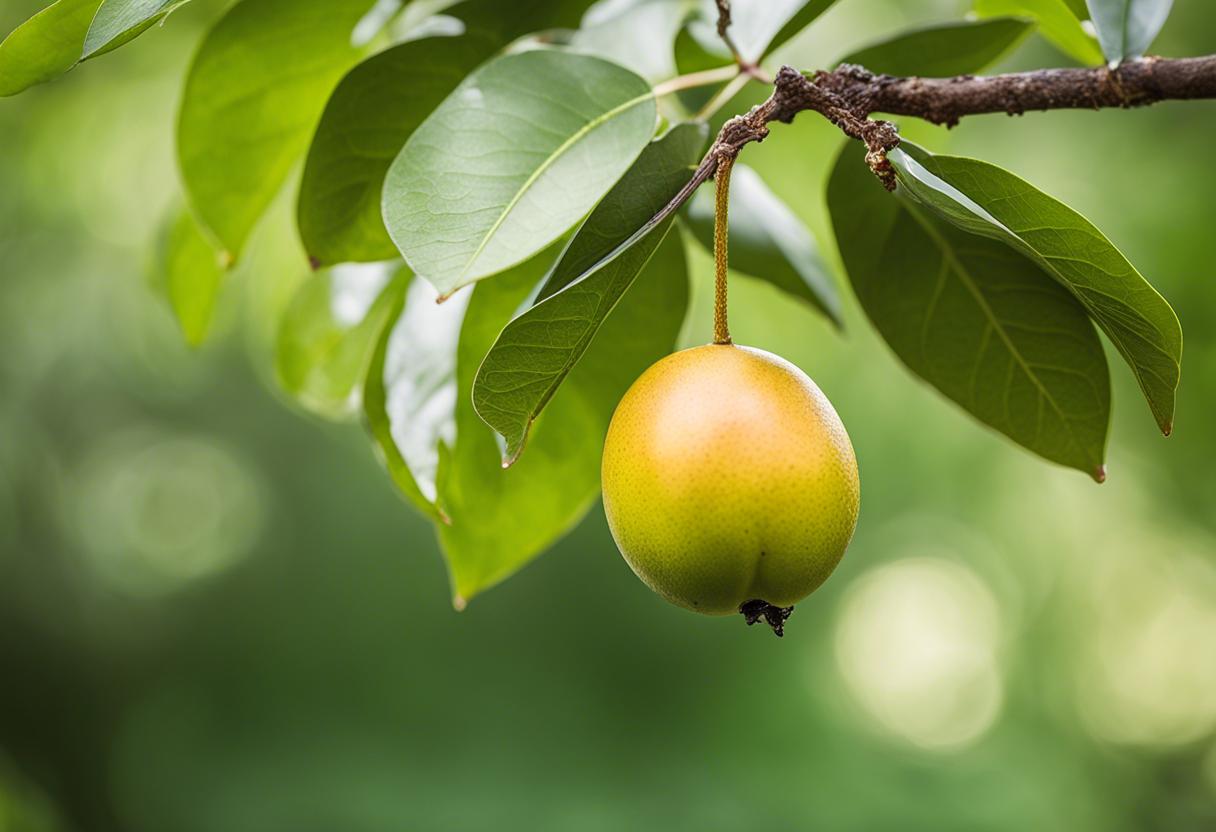The Irish Food Safety Authority (FSAI) is set to reassess its former ruling that a monk fruit extract produced by a Chinese corporation must be evaluated before it can be sold, according to the High Court. Guilin GFS Monk Fruit Corporation lodged a judicial review in 2022, arguing that the FSAI’s labelling of its monk fruit extract as a “novel food” under EU regulations was “irrational” and “unreasonable”.
Monk fruit, a minor member of the melon family, is mostly farmed in China’s southern and eastern regions. Extracts are achieved by soaking the fruit in hot water. A “novel food”, as per EU definitions, is any food that hasn’t been largely consumed within the EU prior to 15th May 1997. As such, it must meet requirements such as being safe for consumption, and correctly labelled to prevent deception.
The Guilin company, a combined enterprise with BioVittoria from New Zealand and based in Guangxi, China, argued that the verdict from the FSAI would lead to “unfair, long-term and severe consequences” for the business. The company questioned why and how FSAI dismissed the comprehensive documentation Guilin provided about the consumption of the extract in the UK before 1997.
The company also argued in legal papers that it provided testimonies from Chinese residents in the EU who confirmed that monk fruit “food” products were “easily accessible” in most UK/EU Chinese supermarkets pre-1997. However, the FSAI deemed this evidence as being of “limited use”, commenting that it may lack verifiability when compared to product receipts or import and export records provided by a trustworthy source.
In 2022, the High Court granted Guilin permission to proceed with its case against the FSAI. Ms Justice Niamh Hyland was informed this week that a consensus had been reached to negate the original ruling and refer it back to the FSAI for another evaluation.

